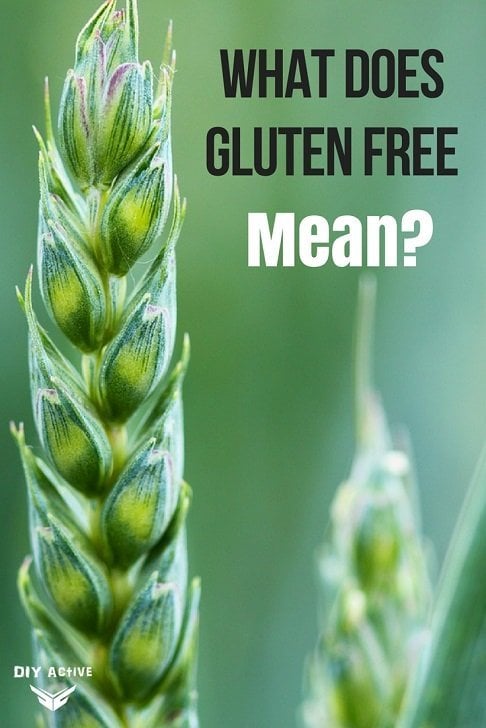Catch Up On Gluten Free
I’m constantly hearing about the gluten-free diet. I’m guessing unless you require a gluten-free diet or are related to someone that does, you might not have a clue why some people must eat gluten-free products. It’s something to do with wheat, right?
What is Gluten-Free?
When it comes to a gluten-free diet, it basically means eating a diet that doesn’t contain the protein complex called gluten which is found in cereal grains such as wheat, barley, and rye.

One study went so far as to say that when consumed by healthy individuals, a gluten-free diet can actually decrease the population of beneficial gut bacteria and decrease the host’s immunity (Palma et al 2009).
Regardless, gluten-free products are increasing in demand, it is becoming a trendy diet. The market for these products actually increased by an annual rate of 28% between 2004 and 2011 (Gaesser & Anqadi 2012)!
The main reason for a gluten-free diet is because it is the most widely accepted medical treatment for celiac disease. Celiac disease is an autoimmune disease of the small intestine which can cause pain in the digestive tract.
Celiac Disease Symptoms
Over time this response to gluten can cause inflammation which can prevent or hamper the absorption of certain nutrients. According to the Mayo Clinic,
The intestinal damage can cause weight loss, bloating and sometimes diarrhea. Eventually, your brain, nervous system, bones, liver and other organs can be deprived of vital nourishment.
This can lead to the sufferer being malnourished.
Some other symptoms of celiac disease are anemia (iron deficiency), skin rash (Dermatitis herpetiformis), headaches, osteoporosis, joint pain, acid reflux, heartburn, nervous system injury, and reduced functioning of the spleen.
When it comes to children and celiac disease, over 75% of the cases involve obese or overweight individuals.
Along with individuals that have celiac disease, wheat intolerant individuals (dangers of cross-contamination) and individuals with gluten allergies may also prescribe to this diet.
For these individuals, doctors may also prescribe not eating oats due to the possibility of cross-contamination during the milling process. The composition of the diet itself can also lead to deficiencies in folate, fiber, iron…etc.
Wrap-Up
So the next time you see a supplement with a gluten-free label you know that it simply is an ideal product for individuals who have celiac disease or are intolerant to gluten: found in wheat, rye, and barley.
On the other hand, an exclusively gluten-free diet by healthy individuals can result in malnourishment, decreased beneficial gut bacteria, and even a decreased immune system!
Post-Publication:
Thoughts from a friend that is experienced with the gluten diet (for medical reasons) how hard it was to find gluten-free food,
Buying gluten free is expensive and usually it is a trial and error basis.
“Try a certain brand, if it doesn’t taste good, try another brand the next time until you find one you like. I had to do that with noodles, cereal, chips, and stuff like that. Eating out isn’t a big deal. I don’t do a lot of fast food anymore because almost everything comes on bread. However, at restaurants, there’s plenty to choose from and you can switch your sides to veggies or order something without bread or breading.”
Thanks for the great info on the gluten-free diet!
References
Gaesser GA, Anqadi SS (2012) Gluten-free diet: Imprudent dietary advice for the general population? Journal of the Academy of Nutrition and Dietetics 112: 1330-1333.
Palma GD, Nadal I, Collada MC, Sanz Y (2009) Effects of gluten-free diet on gut microbiota and immune function in healthy adult human subjects. British Journal of Nutrition 102: 1154-1160.
- Post-Workout Meal: Getting the Most from Your Workout - January 22, 2024
- 6 Ab Exercises To Blast Your Core - December 17, 2023
- 10 Office Exercises You Can Do To Burn Calories - November 19, 2023